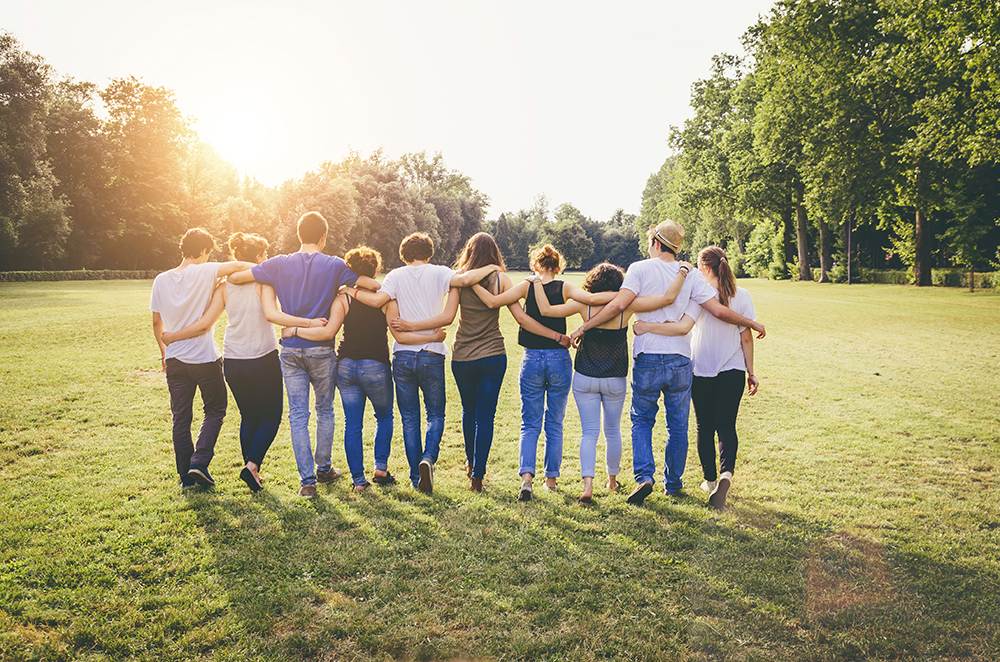When friends fall out
Being part of a circle of friends is one of life’s great joys, but the dynamics of a group are not always easy. Psychologies asked a panel of experts for advice on how to navigate some of the thorniest issues

THE ISSUE
‘I have a group of old friends I love but there’s one woman I’ve always clashed with, and it’s now got to the point where she has been so unkind to me, that I don’t want to socialise with her any more. It’s a long story… but she is not my friend and I would rather meet the others when she isn’t there. A couple of other women don’t like her either, and they are supportive, but I can tell others in the group think we should just deal with it and get along, and I don’t want to alienate them. How do we handle this?’
THE ADVICE
This can be a touchy situation in a group environment, says Levine, and when you feel one group member is being difficult, it’s easy to try to get other members ‘on your side’. But you should try to avoid this. ‘Even though you don’t like this woman, resist the impulse to badmouth her to anyone else in the group,’ advises Professor Irene Levine. ‘If asked, simply say that you don’t get along that well.’
It can be difficult to take the higher ground when you know someone dislikes you but, as Psychologies' agony aunt Mary Fenwick points out, the danger of not doing so is that you could begin to behave in the same way as the person you’re dealing with.
‘I don’t like the sound of secretly seeking support from others in the group, without directly discussing the relationship with the woman who is no longer your friend,’ she says. ‘The words we speak about other people can poison our own mouths.’
Also, remember to try not to demonise others and examine the dynamic between the two of you, says Packtypes' Will Murray. ‘As Carl Jung said, “everything that irritates us about others can lead us to an understanding of ourselves”.
In this context, that means looking behind this woman’s actions. Why does she do the things she does? It is easier to leave a damaged relationship behind and move on than get to the heart of the issue, but if a deeper understanding can solve the problem, that has to be the best solution.’
Ultimately, in a situation such as this, you can only change your own behaviour. So, offers Fenwick, ‘choose kindness’. If you opt not to respond in a negative way to negative actions, you have taken the first step to freeing yourself from the situation.
THE EXPERTS
- Carole Jahme, evolutionary psychologist and author of Beauty and the Beasts: Woman, Ape and Evolution (Virago, £10.61); jahme.com
- Irene S Levine, psychologist and professor of psychiatry at the New York University School of Medicine; thefriendshipblog.com
- Mary Fenwick, Psychologies’ resident agony aunt, coach and journalist; maryfenwick.com
- Will Murray, founder of Packtypes self-awareness cards and author of Understand Everyone (Friendly Publishing), packtypes.com
Photograph: iStock








